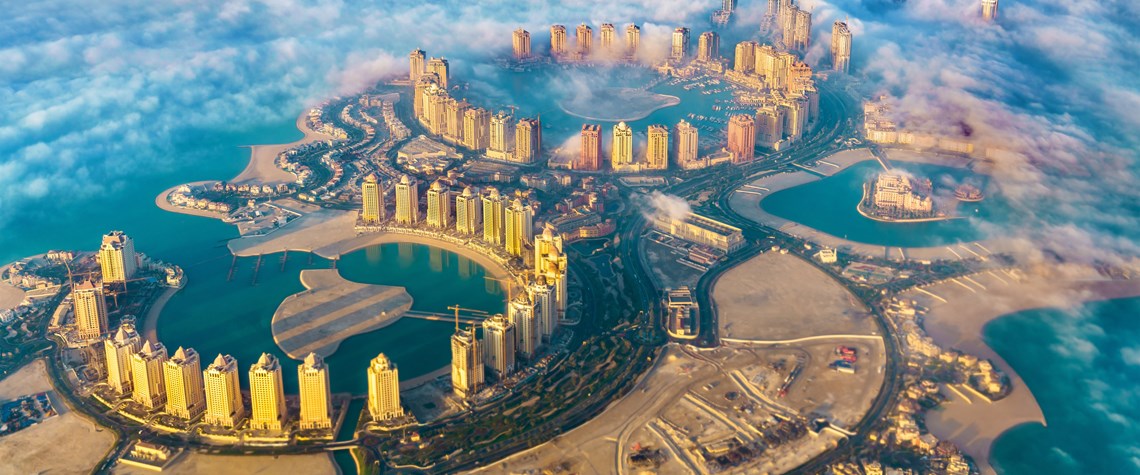Qatar steps over the blockade
Two years after the economic and political boycott on Qatar, the Gulf state is pressing on with LNG expansion plans
Qatar Petroleum (QP) in April asked three joint ventures to bid for the main engineering, procurement and construction (EPC) contract for four mega-LNG trains, each with 8.8mn t/yr capacity, and related facilities. A month later it asked firms to bid to carry out EPC work for LNG storage and loading facilities. QP announced in 2017, after the boycott was imposed, that it planned to increase LNG output capacity from 77mn t/yr to 100mn t/yr, by producing more gas from the vast offshore North field. The following year it unveiled an even more ambitious plan — to target capacity of 110mn t/yr. And despite the fact that there is no end to the political dispute that has destroyed the credibility o

Also in this section
18 February 2026
With Texas LNG approaching financial close, Alaska LNG advancing towards a phased buildout and Magnolia LNG positioned for future optionality, Glenfarne CEO Brendan Duval says the coming year will demonstrate how the company’s more focused, owner-operator approach is reshaping LNG infrastructure development in the North America
18 February 2026
The global gas industry is no longer on the backfoot, hesitantly justifying the value of its product, but has greater confidence in gas remaining a core part of the global energy mix for decades
18 February 2026
With marketable supply unlikely to grow significantly and limited scope for pipeline imports, Brazil is expected to continue relying on LNG to cover supply shortfalls, Ieda Gomes, senior adviser of Brazilian thinktank FGV Energia,
tells Petroleum Economist
17 February 2026
The 25th WPC Energy Congress, taking place in Riyadh, Saudi Arabia from 26–30 April 2026, will bring together leaders from the political, industrial, financial and technology sectors under the unifying theme “Pathways to an Energy Future for All”







